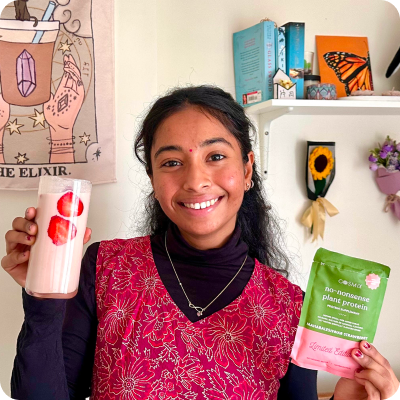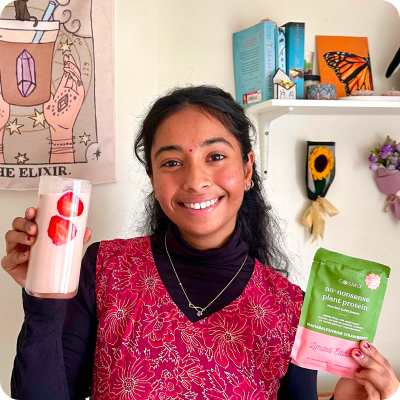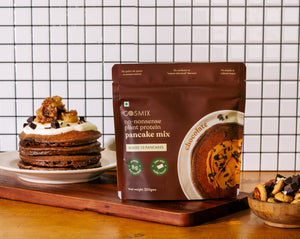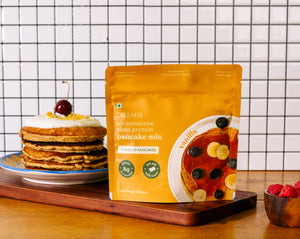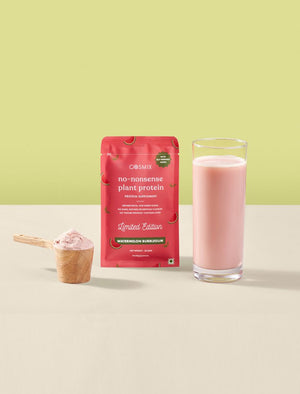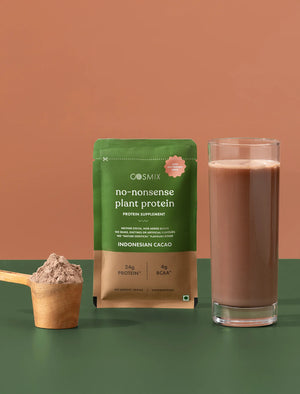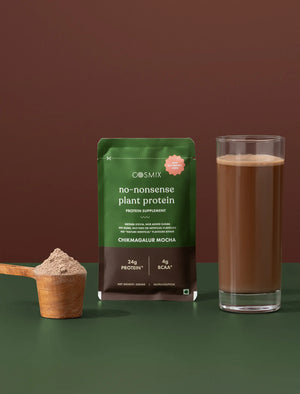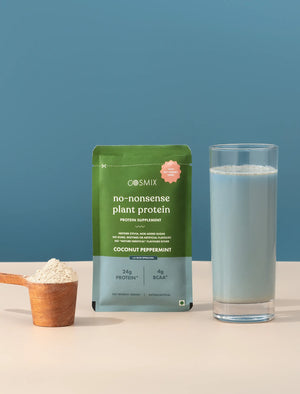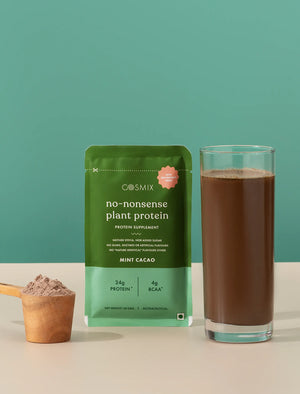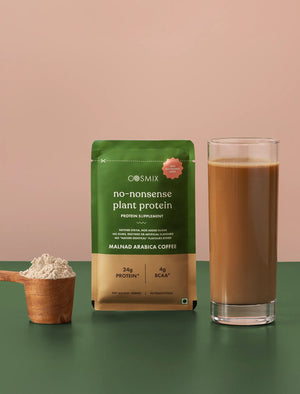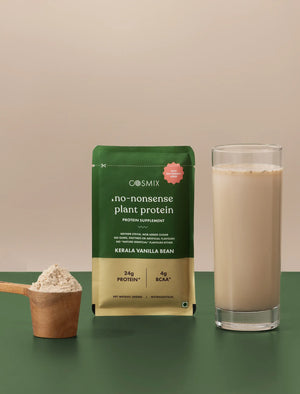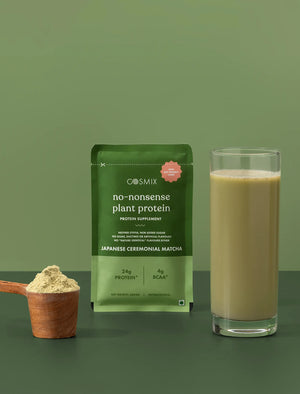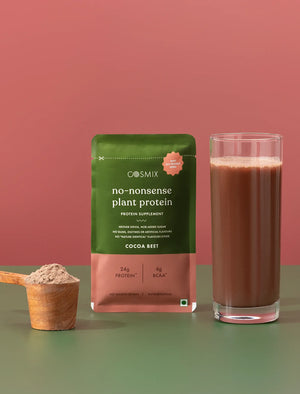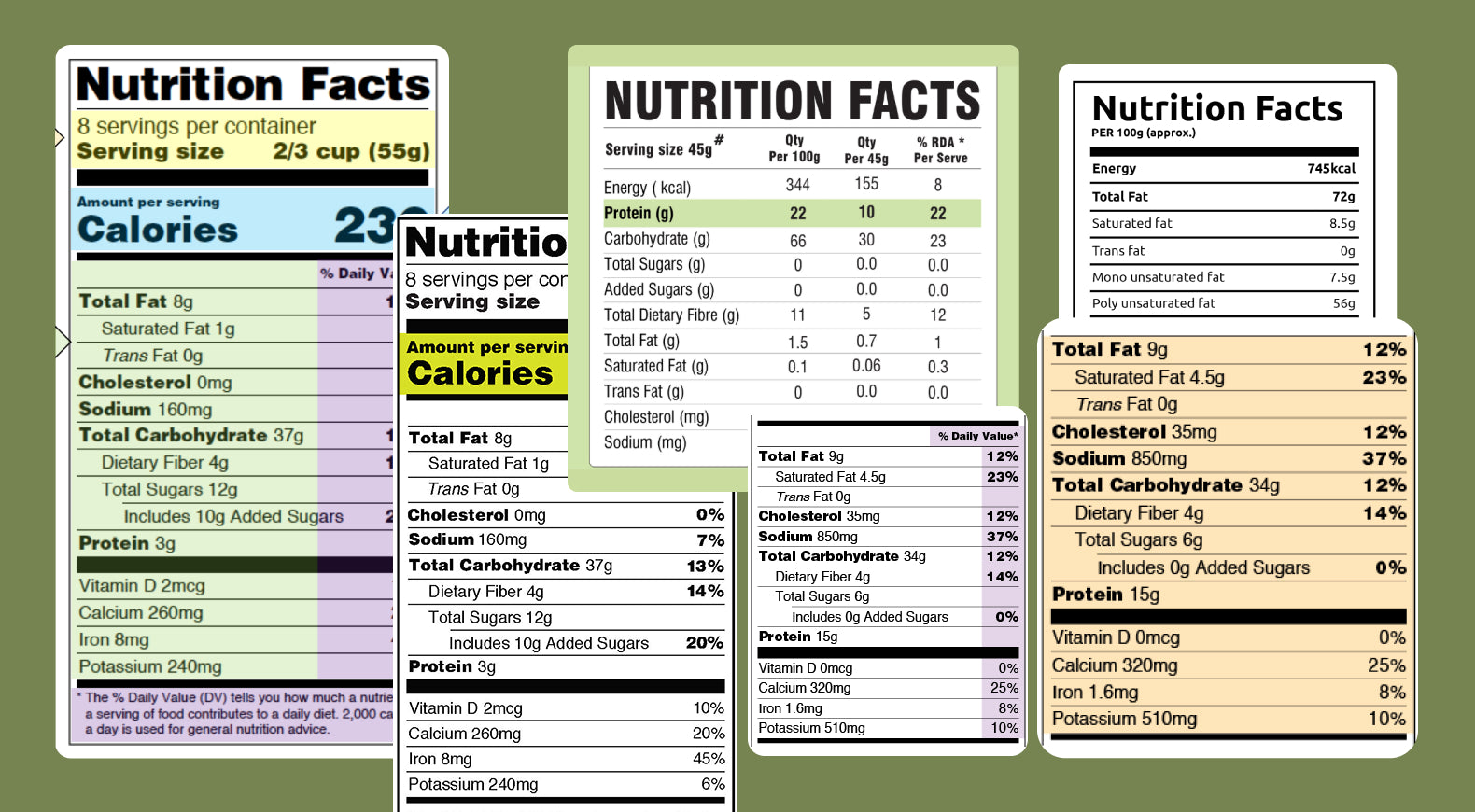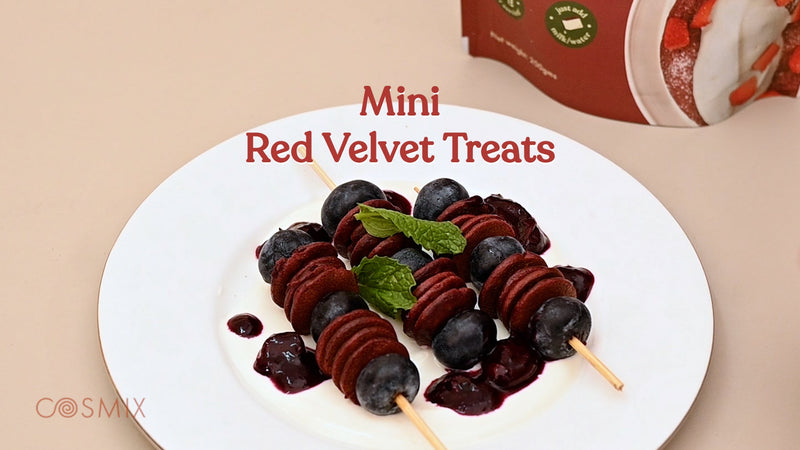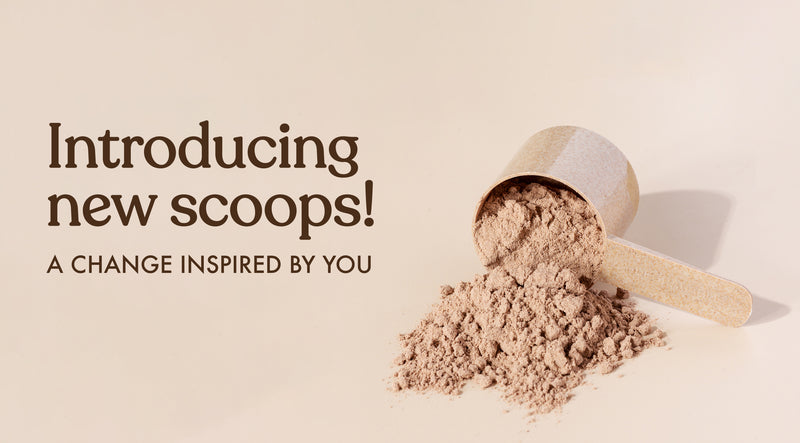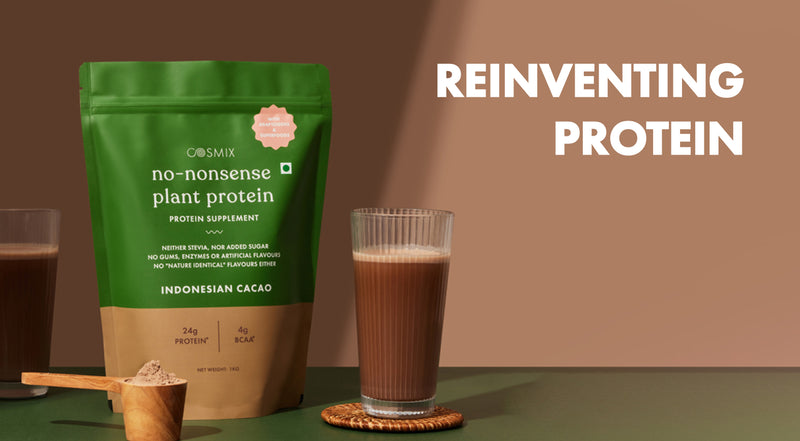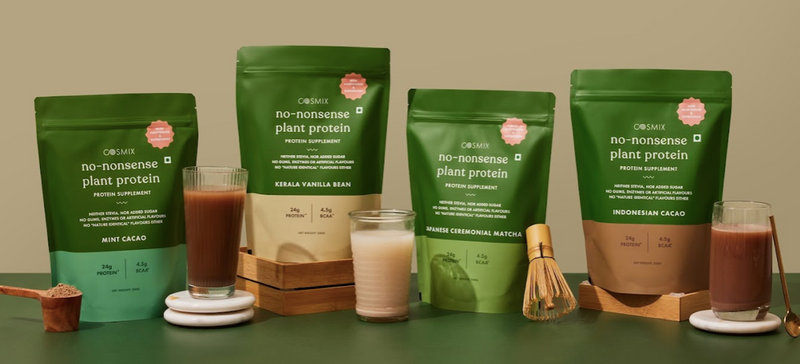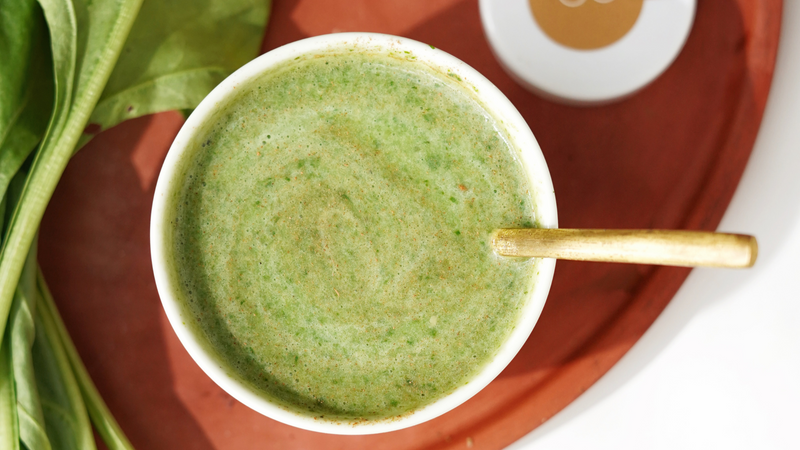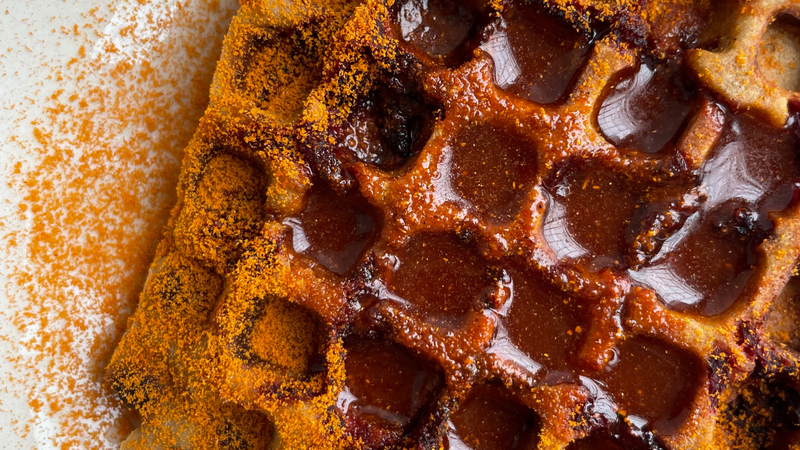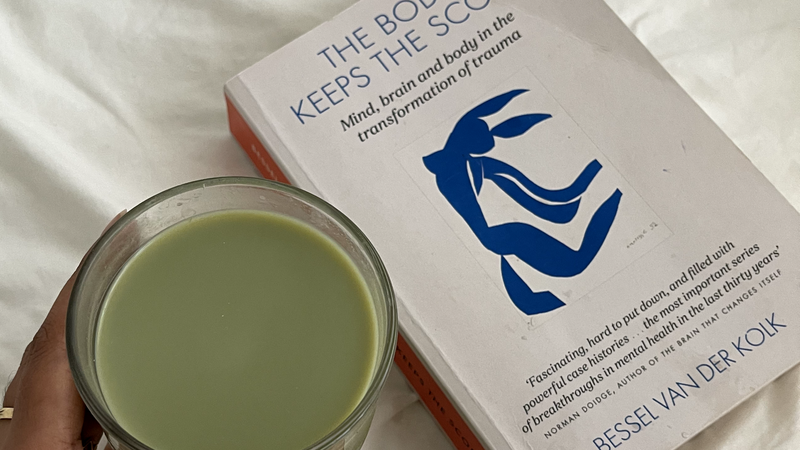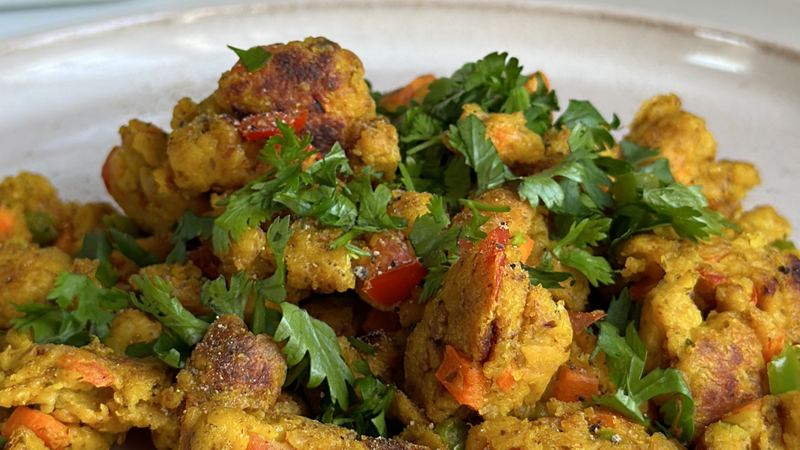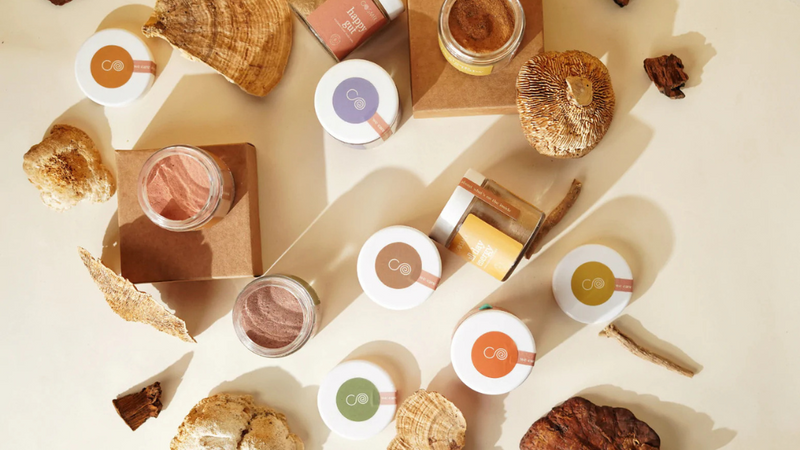Picking the right protein powder can feel like solving a riddle. What do all those fancy claims on the packaging actually mean? Don’t worry—by the end of this blog, you’ll know exactly how to decode protein labels and avoid the ones hiding behind flashy promises and artificial tricks. Let’s keep it simple and fun!
1. Protein Power: Look at the Star of the Show
First things first - how much protein are you actually getting? A solid protein powder will give you around 20-25 grams of protein per serving, made from clean sources like peas, brown rice, or hemp. Also, ensure that it’s a complete protein, meaning it contains all nine essential amino acids.
Quick tip: Watch out for vague terms like “protein mix.” That’s marketing-speak for “we won’t tell you exactly what’s in it.”
2. Low-Carb Doesn’t Always Mean Good News
Sure, low-carb protein powders sound great - until you realise it comes at the cost of cutting carbs by skipping real ingredients like cacao or fruit and swapping them for artificial sweeteners or fake flavours.
What to check for:
- Natural sweeteners like stevia or coconut sugar = 👍
- Artificial sweeteners like sucralose or aspartame = 🚩
3. Skip the Gut Botheres
Protein powders with a creamy, thick texture? That’s often thanks to gums, fillers, and thickeners like xanthan gum or carrageenan. These can mess with your digestion, leaving your gut less than happy.
Instead, look for brands that let the ingredients do the talking - no need for extra fluff.
4. Understand the Flavor Game
Natural flavoring isn’t always what it seems. While the term "natural" might sound healthier, it’s often a processed combination of chemicals derived from a natural source.
Brands using real vanilla beans, cacao powder, or freeze-dried strawberries might have slightly higher carbs but offer a cleaner, more nutritious option. The difference is simple: real ingredients mean real nutrition and a taste you can trust. It’s a small trade-off for something that’s genuinely better for you.
5. Check for Hidden Extras
Many protein powders claim to be "nutritionally enriched," but not all extras are beneficial. Look for additional ingredients like digestive enzymes or herbal blends that genuinely support gut health and digestion rather than synthetic vitamins and unnecessary additives.
6. Honesty Matters
The best brands are like your straight-talking friend - they don’t hide anything. They’ll tell you how their protein is made, where the ingredients come from, and even share quality tests.
Your Easy Protein Checklist:
✅ Clear, plant-based protein sources.
✅ No “nature identical” or synthetic flavours
✅ No gums, fillers, or additives.
✅ No added sugar or stevia
Real Talk: Why Real Ingredients Matter
Protein powders made with real, clean ingredients taste better and are better for your body. No-Nonsense Plant Protein skips the artificial junk. It’s flavored with real ingredients such as Indonesian cacao and Kerala vanilla and has no gums, preservatives, or sneaky extras - just 24g of pure, gut-friendly protein per serving.
